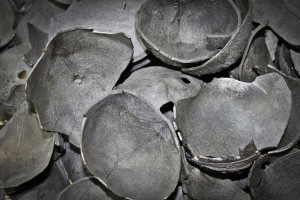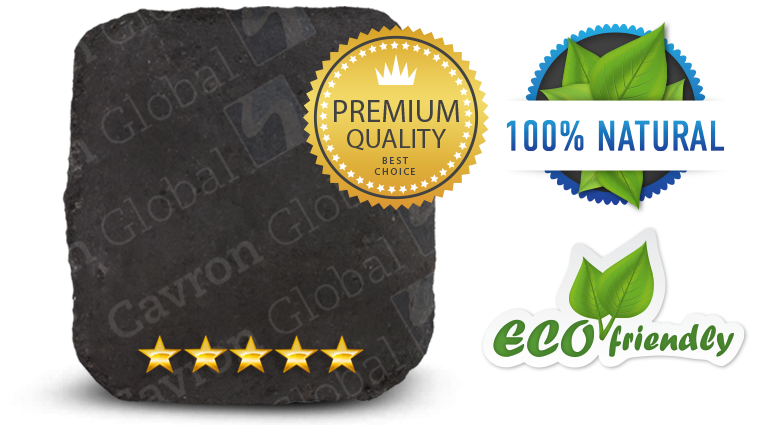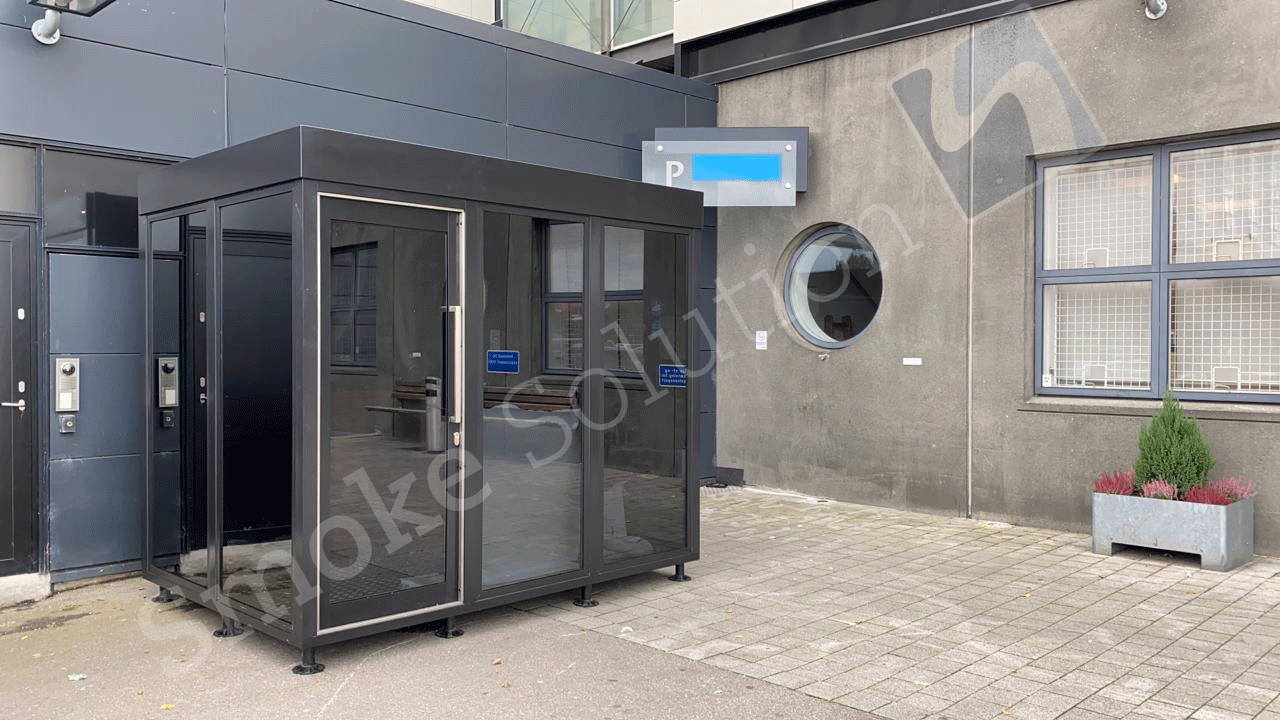
Basically, any carbonaceous material can potentially be activated. The common raw materials include, for example, wood (soft & hard), coal, coconut shells, peats and others. Since activated carbon is manufactured from naturally occurring raw materials, its properties will vary. It is necessary to understand the nature of these raw materials, if you would want to purchase carbon for whatever your purpose.
Wood may be activated by one of two methods, i.e. steam or chemical activation, depending on the desired product. The carbon is usually supplied as a finely divided powder which since produced from waste materials such as sawdust, is relatively cheap and can be used on a “throw-away” basis.
Coal is also a readily available and reasonably cheap raw material. The type of activate obtained depends on the type of coal used and its initial processing prior to carbonisation and activation. It is normal procedure to grind the coal and reconstitute it into a form suitable for processing, by use of a binder such as pitch, before activation. Generally, coal contains bigger pores that make it a fairly well adsorbent for gas and air application.
Coconut shell is another common type of raw materials. It contains about 75% volatile matter that is removed largely by partial carbonisation, to minimise shipping costs. The iodine number is high of coconut based carbon, which indicates a higher adsorption capability for molecules. The ash content is normally low and the hardness is relatively higher that makes the carbon hard to breakdown in water. Because of these features, coconut-carbon is a very good filter media for water, beverage and air industries to produce cleaner liquid and air.
Find more about charcoal made from coconut shells http://www.cocarb.com/

